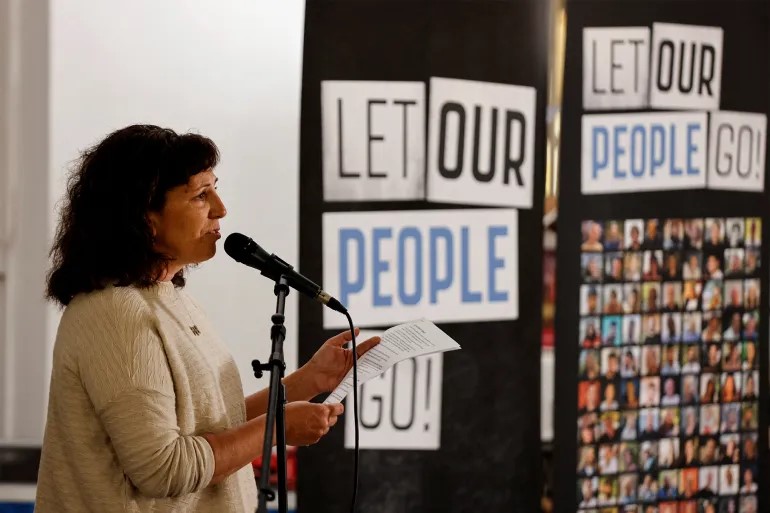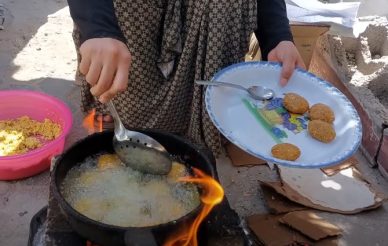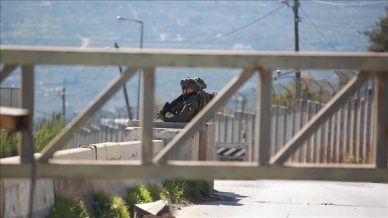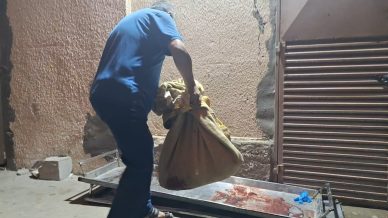GAZA, (PIC)
Another recent testimony from a former Israeli female captive in Gaza has vindicated further the total difference between detention conditions in Palestinian captivity and “Israeli prisons” — which have become slaughterhouses under the authority of far-right security minister Itamar Ben Gvir.
Former captive in Gaza Liat Atzili spoke with Israel’s Haaretz newspaper. In her extraordinary account of what had taken place, Atzili said that the family and her captors in the civilian home where she was held did not restrict her movement and treated her well.
Atzili was released on November 29, 2023 during the one-week ceasefire between Hamas and the Israeli occupation government.
She spent a total of 54 days in Gaza where she was reportedly held in an apartment in Khan Yunis City in the southern Gaza Strip.
Atzili told Haaretz that she was treated humanely – which is in sharp contrast to how Palestinian prisoners are treated by Israeli forces and jailers.
According to Haaretz, Atzili was taken at about 11 a.m. on October 7, when “two armed men in uniform burst into the unlocked room” where she was staying. When the Haaretz journalist asked her if the captors were “scary,” she said “Not particularly.”
“They had weapons, but they didn’t threaten me. They told me, ‘You don’t have to be afraid, we won’t hurt you, come with us.’ They gave me time to get dressed and organized, but I wasn’t capable of doing that because I was in shock,” she continued, according to Haaretz.
Atzili said that the men did not touch her and spoke to her in English, telling her all the time not to worry.
“They seemed really worried about me and wanted me to eat and drink. They said, ‘We will protect you, you’re safe here, nothing will happen to you.’ They let me shower, change clothes. They washed my clothes,” Atzili explained.
Although Israel imposed a full blockade on Gaza starting on October 9, which led to a widespread famine across the Palestinian population in the Strip, Israeli captives were not left starving.
To the contrary, Atzili, who is a vegetarian, was granted special treatment.
“They were shocked that I’m a vegetarian. ‘So, what do you eat?’ they asked. I told them I really like pizza. So one of them got on his bicycle and brought a pizza from Crispy Pizza in Khan Yunis,” she said.
Atzili said she moved to an apartment where she stayed along with another captive, 30-year-old Ilana Gritzewsky, who was also released on November 30, as part of the prisoner exchange deal.
“Ilana and I remained with them for the whole period. They were about 30 years old. They weren’t armed or in uniform. We stayed in that apartment for about 10 days and were then moved to another one. And that was it,” Atzili said.
According to the woman, the guards were a teacher and a lawyer. “Both are married and each of them has a child.”
She told Haaretz that “she still thinks about what is happening to people in Gaza as the war continues,” and accused her government of having “sacrificed the hostages on the altar of its political survival.”
In a related context, seven Palestinian prisoners in Israel’s Ofer military prison in the occupied West Bank have tried to take their own lives because of the harsh treatment they received from Israeli jailers.
“Prisoners are subjected to beatings during arrest and after their detention in Israeli jails,” the Commission of Detainees’ and Ex-Detainees’ Affairs said in a statement.
“If a prisoner is late for the daily stand-up count or late waking up at 4 a.m., he is beaten and abused,” the Commission, which recently sent a lawyer to visit the prisoners, added.
The Commission said the seven detainees attempted to commit suicide due to the inhumane detention conditions and their exposure to constant brutal treatment at the hands of Israeli jailers.
As they are also exposed to starvation, medical neglect and other unbearable violations, prisoners have come to prefer death to the miserable incarceration conditions in Israeli prisons, the Commission affirmed.















